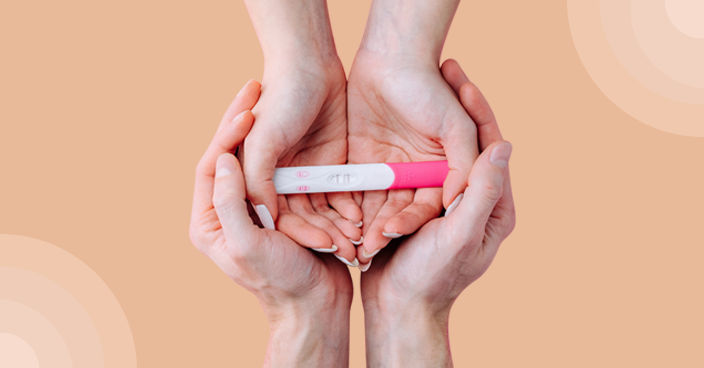
Preconception Guide: Health, Diet & Lifestyle Tips to Prepare for Pregnancy
Preconception Guide: Health, Diet & Lifestyle Tips to Prepare for Pregnancy
Planning to get pregnant? Learn essential health checks, diet tips, and lifestyle changes for a smooth conception journey.
Preconception care ensures that your body is ready to support a healthy pregnancy. It prepares you physically and mentally and optimises your chances of conception.

From health checks and nutrition to exercise and lifestyle adjustments, these essential steps help improve your chances of a healthy and successful pregnancy.

It's important to pay close attention to what you eat, as your diet plays a significant role in fertility.

Here are some common foods to avoid while trying to conceive:
It’s equally important to focus on foods that boost fertility and support your health while trying to conceive

Here are some common foods to eat while trying to conceive:
Proper nutrition and supplements are vital to improving fertility in couples. Always consult with your doctor before taking any supplements.


Manage Acidity
Excessive acidity can exaggerate menstrual bleeding

Warm Foods
Consume unctuous warm, and easily digestible food during menstruation.

Limit Bathing
Avoid prolonged baths during menstruation.

Lukewarm Water
Consume lukewarm water during menstruation to relieve pain.

Warm Porridge
Consume warm porridge prepared with milk during menstruation.

Hot Water Care
Application of a hot water bag over the lower abdomen can help relieve menstrual cramps.

Warm Bath
A warm bath is good during the menstrual period to ease the pain.

Pomegranate Aid
Pomegranate juice may help reduce excessive menstrual bleeding.

Castor Oil Care
Application of castor oil in the lower abdomen can reduce menstrual cramps.

Ready Set Go
Kickstart your journey with regular exercise. Setting clear goals will help you

Prenatal care
Take 300-400 mcg of folic acid daily before conception to reduce neural tube defect risk.

Get ample rest
Having a good 8-10 hours of adequate sleep can help relieve stress and tension.

Track ovulation
By keeping an eye on your cycle, pinpoint ovulation and fast-track your pregnancy chances.

Mom Reads
Start your preconception journey by reading up on pregnancy and childbirth.
Before trying to conceive, it's important to have a thorough health check-up.

Early detection allows you to make informed decisions when planning for a child. So, make sure you get the following tests.
Preconception counselling is a crucial step to ensure that your body and mind are prepared for pregnancy.

A preconception consultation typically includes the following.
This type of counselling is designed to ensure that you’re in the best possible health before conception. It can also help reduce the anxiety that often comes with planning for a pregnancy.

Discover trusted advice from experts for all stages of your parenting
Stay on top of your health! Check out the recommended tests and scans you need before getting pregnant.
FAQs
The four goals of preconception care are improving maternal and child health, identifying and managing pre-existing conditions, promoting a healthy lifestyle, and providing education on reproductive health.
Preconception care helps reduce the risk of birth defects, manage chronic conditions, prepare physically and mentally for pregnancy, provide nutritional guidance, and identify genetic risks.
Preconception testing involves a series of blood tests and screenings to assess your overall health and detect any issues that could affect pregnancy.
Pre-planning for pregnancy involves taking steps like adjusting your diet, getting health check-ups, and addressing any medical concerns before trying to conceive.
Fertility can be improved by taking supplements like zinc and selenium for men, folic acid and vitamin D for women, and including fertility-boosting foods like eggs, walnuts, and avocados.